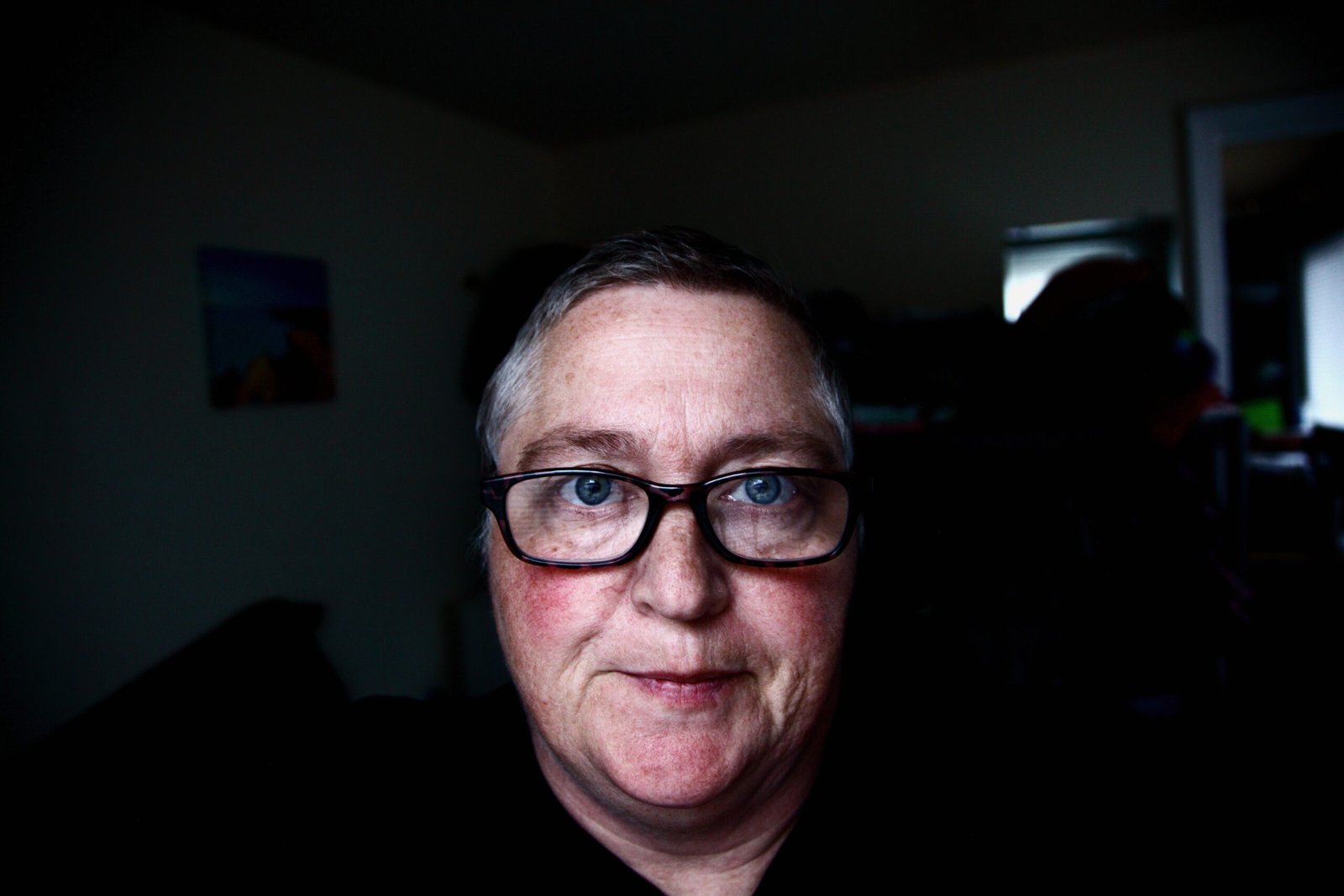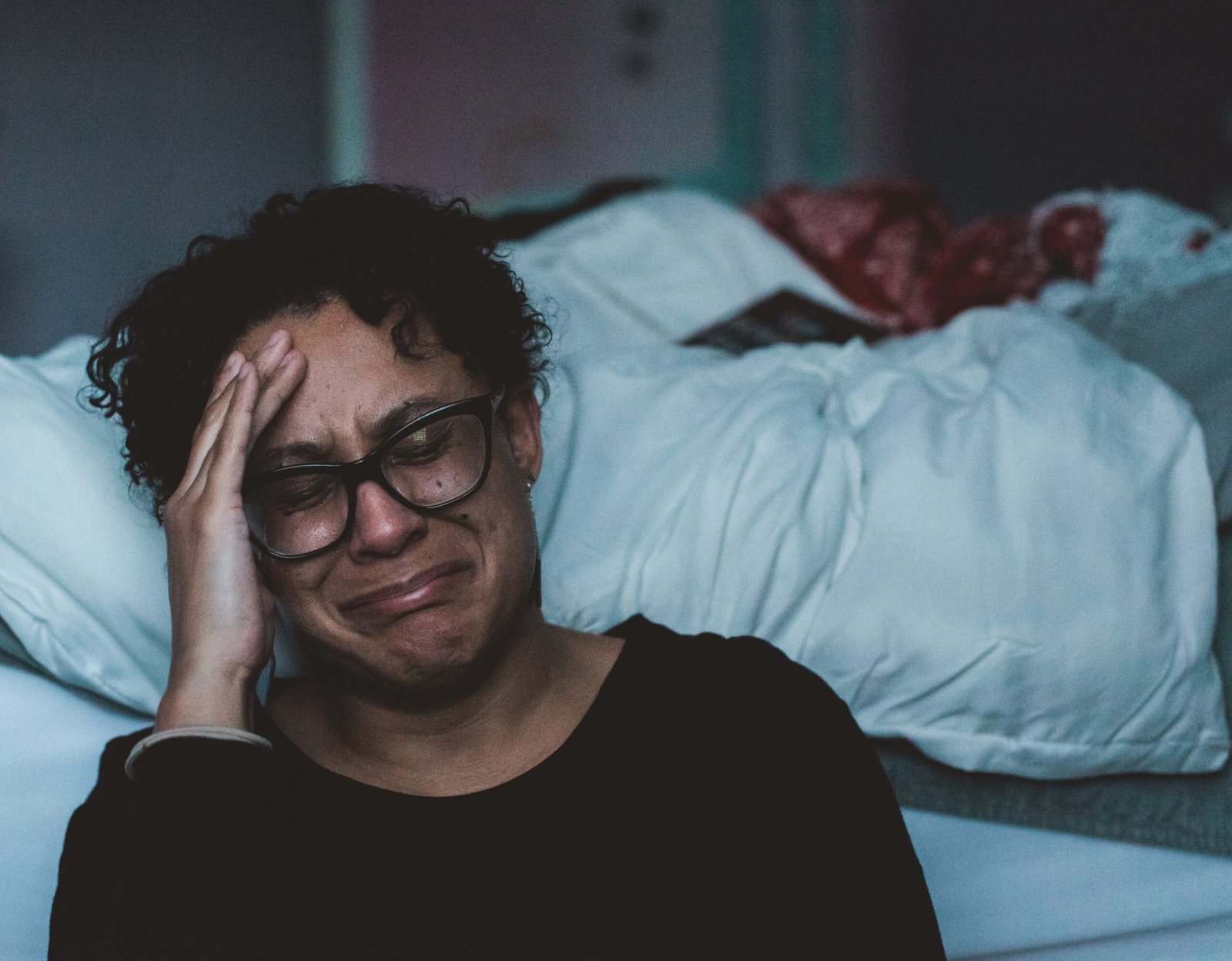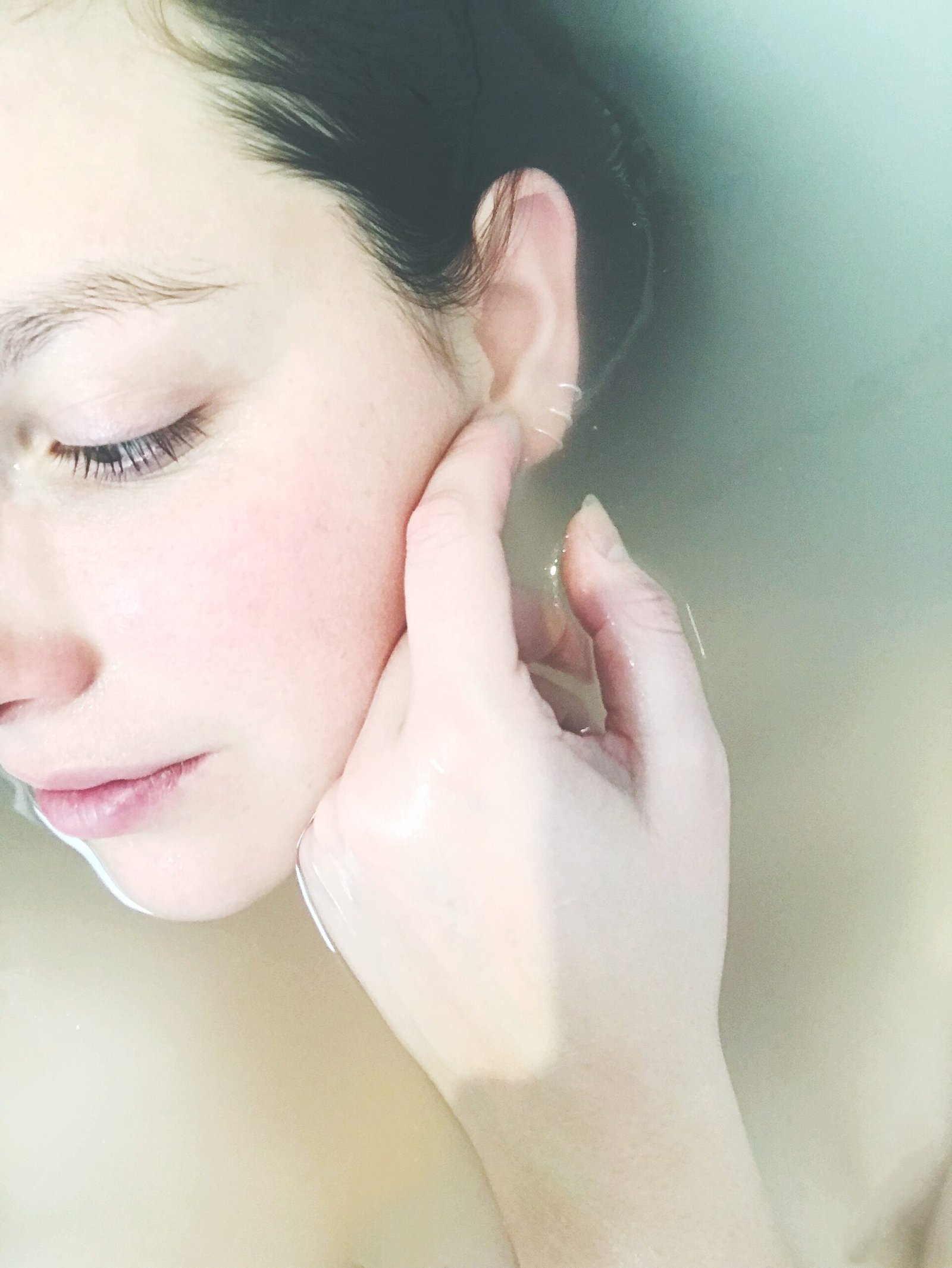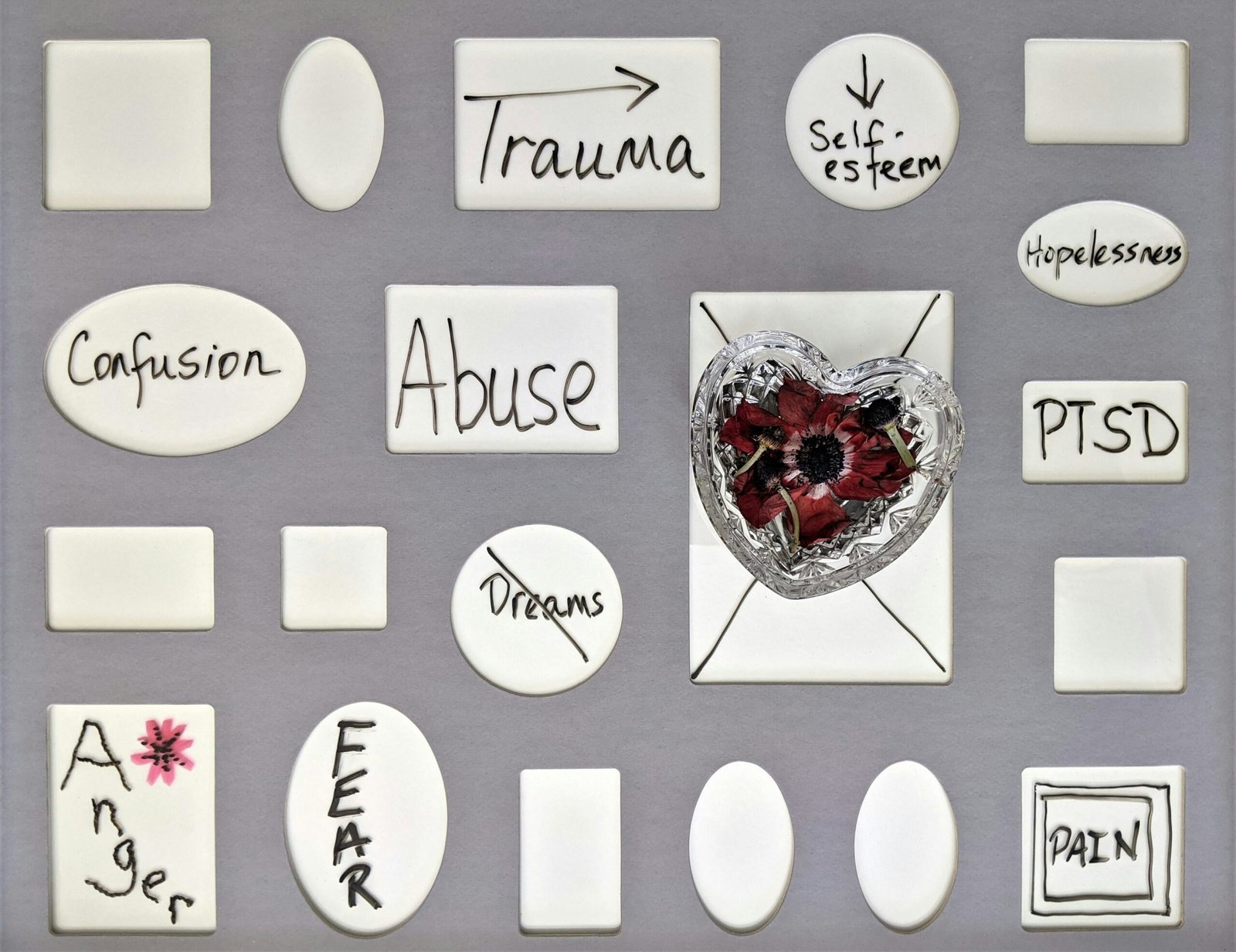Introduction
Are you tired of dealing with the redness, inflammation, and visible capillaries caused by rosacea? You’re not alone. Rosacea affects millions of people worldwide and can be a frustrating condition to manage. In this blog post, we will explore the top 10 ways to reduce inflammation and visible capillaries associated with rosacea, providing you with practical tips and expert advice to help you manage your symptoms effectively.
1. Understand Your Triggers
One of the key steps in managing rosacea is identifying and avoiding triggers that worsen your symptoms. Common triggers include exposure to sunlight, spicy foods, alcohol, and certain skincare products. By keeping a diary and noting any flare-ups, you can pinpoint your personal triggers and take proactive steps to avoid them.
2. Gentle Skincare Routine
Choosing the right skincare products is crucial for individuals with rosacea. Opt for gentle, fragrance-free cleansers and moisturizers that are specifically formulated for sensitive skin. Avoid harsh exfoliants and abrasive scrubs, as they can further irritate your skin. Look for products that contain soothing ingredients like aloe vera and chamomile.
3. Sun Protection
Protecting your skin from the sun’s harmful rays is essential for managing rosacea. Apply a broad-spectrum sunscreen with an SPF of 30 or higher daily, even on cloudy days. Additionally, wear a wide-brimmed hat and seek shade during peak sun hours to minimize sun exposure.
4. Cooling Techniques
When you experience a flare-up, cooling your skin can provide instant relief. Apply a cold compress or use a cooling gel mask to reduce redness and inflammation. Avoid hot showers and opt for lukewarm water instead, as hot water can exacerbate rosacea symptoms.
5. Prescription Medications
If over-the-counter remedies aren’t providing sufficient relief, consult a dermatologist who can prescribe medications tailored to your specific needs. Commonly prescribed treatments for rosacea include topical creams, oral antibiotics, and laser therapy.
6. Stress Management
Stress is known to trigger rosacea flare-ups, so incorporating stress management techniques into your daily routine can be beneficial. Practice relaxation exercises such as deep breathing, yoga, or meditation to reduce stress levels and promote overall well-being.
7. Diet and Nutrition
While there’s no one-size-fits-all diet for rosacea, certain dietary changes may help alleviate symptoms. Avoiding spicy foods, caffeine, and alcohol is advisable, as they are common triggers for many individuals. Instead, focus on incorporating anti-inflammatory foods such as leafy greens, berries, and fatty fish into your diet.
8. Skincare Ingredients to Avoid
When selecting skincare products, it’s important to be aware of ingredients that can aggravate rosacea. Common irritants include alcohol, fragrance, menthol, and harsh exfoliants. Always read product labels carefully and opt for gentle, non-irritating formulations.
9. Camouflage Makeup
If you’re looking to conceal redness and visible capillaries, consider using camouflage makeup specifically designed for individuals with rosacea. These products are often green-tinted, which helps neutralize redness. Remember to choose non-comedogenic, hypoallergenic options that won’t clog your pores or further irritate your skin.
10. Consult a Dermatologist
If you’re struggling to manage your rosacea symptoms or experiencing severe flare-ups, it’s crucial to seek professional help. A dermatologist can provide personalized advice, recommend suitable treatments, and guide you towards effective long-term management strategies.
Frequently Asked Questions (FAQs)
Q: Can rosacea be cured?
A: While there is no known cure for rosacea, its symptoms can be effectively managed through lifestyle changes, skincare routines, and medical treatments.
Q: Are there any natural remedies for rosacea?
A: While natural remedies may provide some relief, it’s important to consult with a dermatologist for an accurate diagnosis and appropriate treatment options.
Q: Can stress worsen rosacea?
A: Yes, stress is a common trigger for rosacea flare-ups. Practicing stress management techniques can help reduce the frequency and severity of symptoms.
Q: Can rosacea affect the eyes?
A: Yes, a subtype of rosacea called ocular rosacea can affect the eyes, causing symptoms such as redness, dryness, and irritation. It’s essential to seek medical attention if you experience eye-related symptoms.
Q: Is rosacea more common in certain ethnic groups?
A: Rosacea can affect individuals of all ethnic backgrounds, but it is more commonly diagnosed in fair-skinned individuals of Northern European descent.
Tips for Managing Rosacea
- Avoid hot beverages and opt for cooler alternatives.
- Keep your skincare routine simple and avoid using too many products.
- Stay hydrated to maintain healthy skin.
- Wear protective clothing, such as scarves or face masks, during harsh weather conditions.
- Practice good sun protection habits, even during the winter months.
Conclusion
Managing rosacea and reducing redness, inflammation, and visible capillaries requires a comprehensive approach that includes understanding triggers, adopting a gentle skincare routine, protecting your skin from the sun, and seeking professional guidance when needed. By implementing the top 10 strategies outlined in this blog post, you can take control of your rosacea symptoms and improve your overall quality of life. Remember, everyone’s journey with rosacea is unique, so it’s essential to find what works best for you. Don’t hesitate to reach out to a dermatologist for personalized advice and support.
Now that you have the tools to manage your rosacea, why not share this valuable information with others? Together, we can create a supportive community and help others find relief from their rosacea symptoms. Share this blog post on social media and encourage others to join the conversation!









